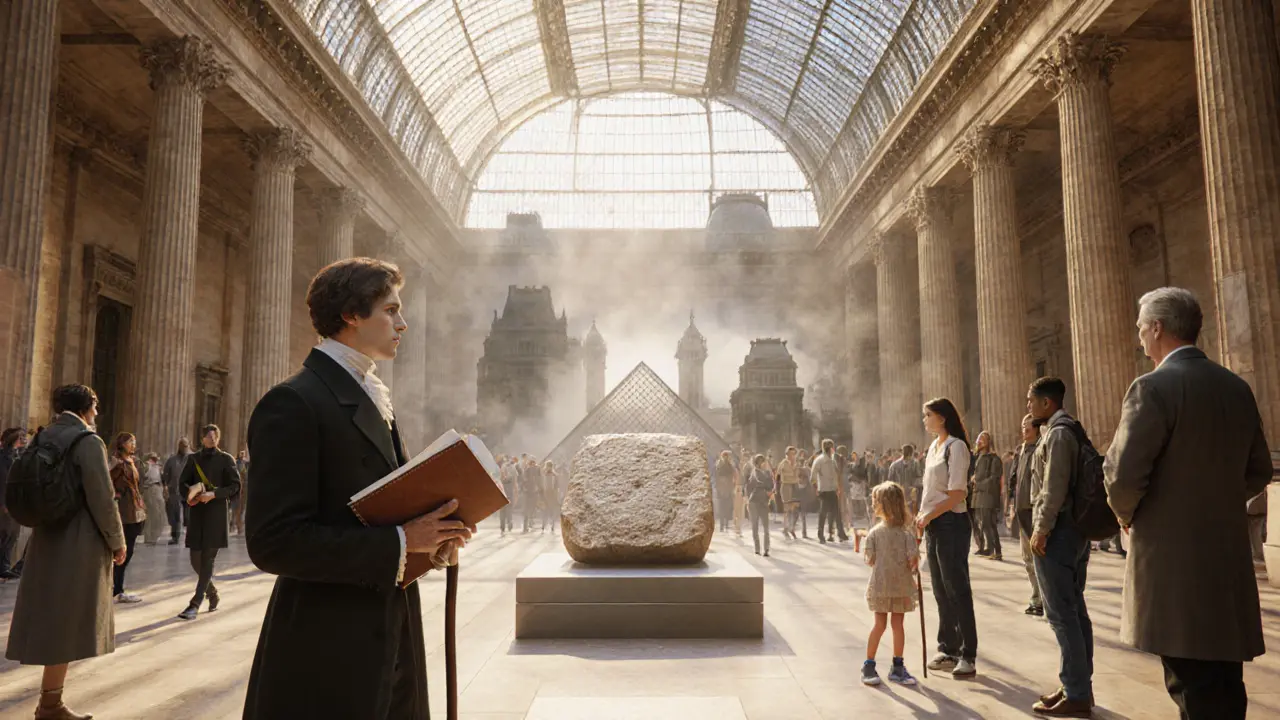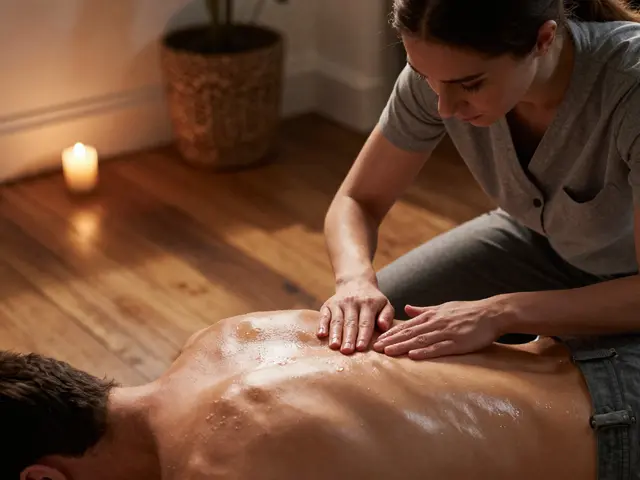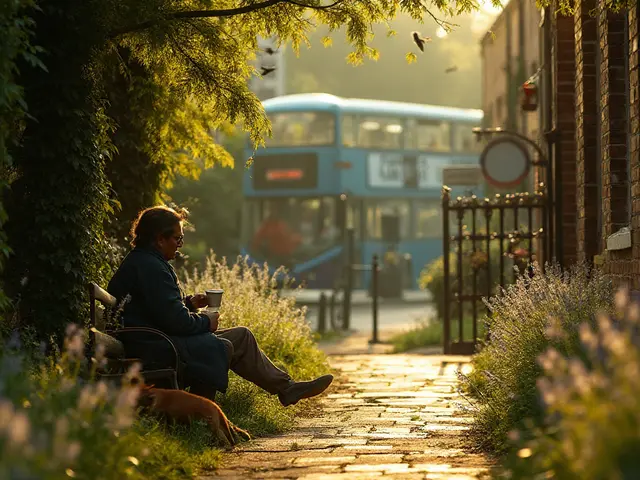British Museum is a national museum in London that houses over 8million objects spanning two million years of human history. Situated on Bloomsbury’s historic streets, it offers free entry, world‑class galleries, and a calendar packed with talks, family workshops, and digital experiences. For anyone living in or visiting London, the museum is a reliable cultural anchor that fits into a weekend itinerary without breaking the bank.
Why History Buffs Flock to the British Museum
The museum’s permanent collection is organised into ten curatorial departments, each acting as a deep‑dive into a civilization or theme. Below are the most frequented sections for a history‑focused visit.
- Rosetta Stone - a granodiorite slab that unlocked Egyptian hieroglyphs, displayed in the Sir John Soane Gallery.
- Elgin Marbles - the famed Parthenon sculptures that spark debate over repatriation.
- Great Court - the largest covered public square in Europe, designed by Foster+Partners, featuring the iconic glass roof.
- Department of Egypt & Sudan - over 140,000 artefacts, from mummies to daily‑life objects.
- Ancient Greece Gallery - Bronze statues, pottery, and the iconic Lion Capital of Ashoka.
- African Collection - wooden masks, bronze heads, and trade goods dating from 800BC to the 20thcentury.
Each department not only displays objects but also provides contextual panels, audio guides, and QR‑linked videos that let you explore the backstory while you wander the halls.
Practical Tips for a London‑Based Visit
Living in London means you’ve got transport options at your fingertips. Here’s a quick checklist to maximise your museum day.
- Take the Central line to Holborn or the Piccadilly line to Russell Square - both stations have step‑free access.
- Pick up a free Digital Ticket via the museum’s app. It stores your entry time, reduces queueing, and unlocks QR content in galleries.
- Plan for a 2‑hour core visit; add a coffee break at the Great Court Restaurant, which offers a view of the glass roof and a menu tailored to London’s diverse palate.
- Check the museum’s events page for Friday evening talks that often feature UK universities like UCL and King's College London.
- If you’re traveling with kids, book a free family workshop - the museum partners with the London Transport Museum for a ‘Travel Through Time’ activity that aligns with local school curricula.
How the British Museum Stands Next to Other London Icons
| Museum | Key Collection Focus | Number of Objects | Opening Hours (Mon-Sun) |
|---|---|---|---|
| British Museum | World archaeology & art (from pre‑history to 20thcentury) | 8million+ | 10am-5pm (Wed-Sun); 10am-8:30pm (Fri, Sat) |
| Victoria & Albert Museum | Design, decorative arts, fashion | 2.3million+ | 10am-5:45pm (Mon-Sat); 10am-5pm (Sun) |
| Natural History Museum | Life sciences, geology, paleontology | 70million+ | 10am-5:50pm (Daily) |
While all three museums offer free general admission, the British Museum’s breadth of ancient artefacts and its central location make it the go‑to spot for anyone craving a global historical narrative on a London day out.
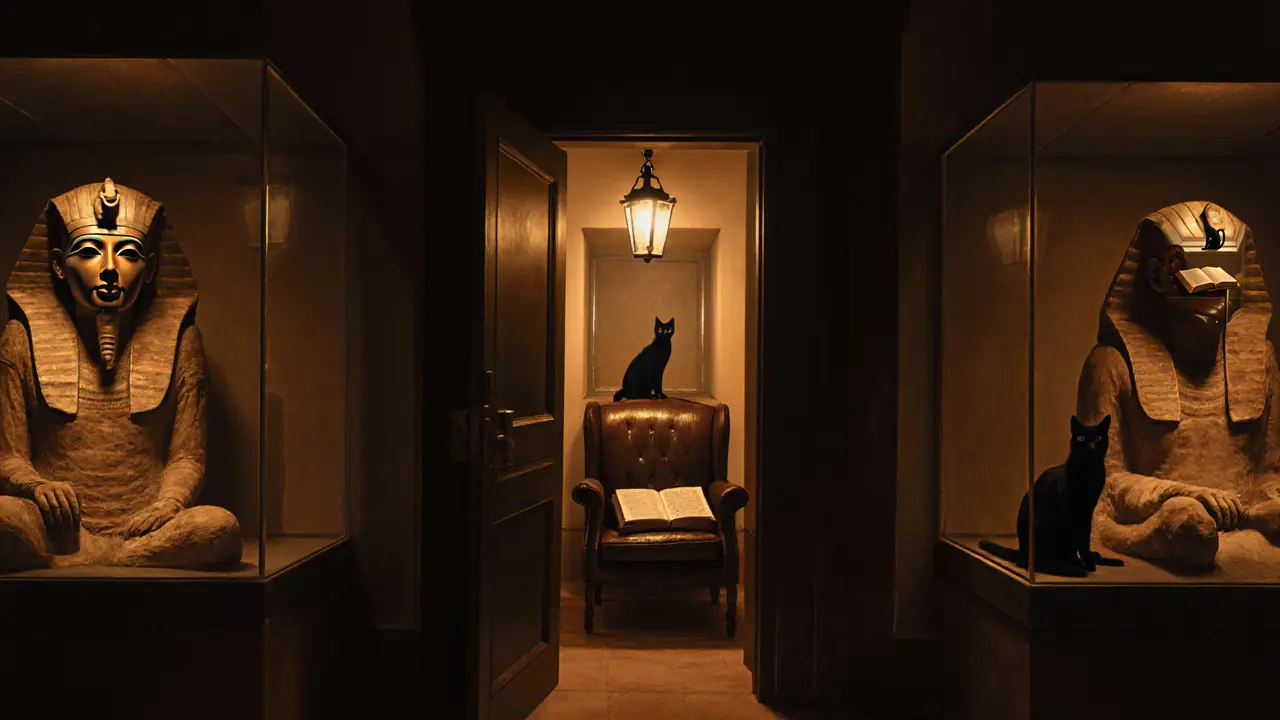
Connecting the Dots: Related Concepts and Extensions
Visiting the British Museum can spark interest in several adjacent topics that enrich your understanding of history and culture in the UK.
- Heritage Conservation - Learn how the museum collaborates with English Heritage on preservation projects for artifacts like the Sutton Hoo Ship Burial (though the actual artefacts reside at the British Library).
- Colonial History - The provenance debates surrounding the Elgin Marbles and the Benin Bronzes (on loan from the UK’s National Trust) provide a gateway to discussions about restitution.
- Digital Humanities - The museum’s partnership with the University of Oxford’s HumanitiesLab fuels projects like the 3‑D reconstruction of the Rosetta Stone, accessible via the museum app.
- London’s Walking Tours - Combine a museum visit with a Bloomsbury literary walk, stopping at the Charles Dickens Museum and the British Library’s reading rooms.
- Family Learning - The museum’s collaboration with the London Museum Guild offers curriculum‑aligned worksheets for Year3 and Year4 students.
Hidden Gems Inside the Museum
Even regular visitors can miss these lesser‑known treasures.
- The Enlightenment Gallery - A reconstruction of an 18th‑century study, showcasing early scientific instruments and prints.
- The spherical sundial - An ornate bronze time‑piece from 1700s Persia, tucked behind the Asian galleries.
- The Hall of the Sufi - Offers a quiet corner for contemplation, decorated with intricate tilework from the Safavid era.
- Temporary exhibition spaces - typically host rotating showcases like “Ancient China: The Silk Road’s Secret” (partnered with the Victoria & Albert Museum).
These spots are perfect for a quick photo session or a moment of quiet away from the main traffic flow.
Planning Your Next Step After the Visit
Once you’ve soaked up the artefacts, consider extending your cultural immersion across London.
- Head west to the Westminster Abbey for a deep dive into British monarchic history.
- Take the tube to South Kensington and explore the Science Museum - its interactive exhibits complement the historical narratives you just saw. \n
- Register for a free lecture series at the Royal Historical Society, many of which are marketed specifically to London residents.
- Enjoy an evening drink at a local pub like The Lamb and Flag in Covent Garden, where you can discuss your favourite find with fellow enthusiasts.
These follow‑up activities keep the momentum going, turning a single museum trip into a weekend of cultural discovery.
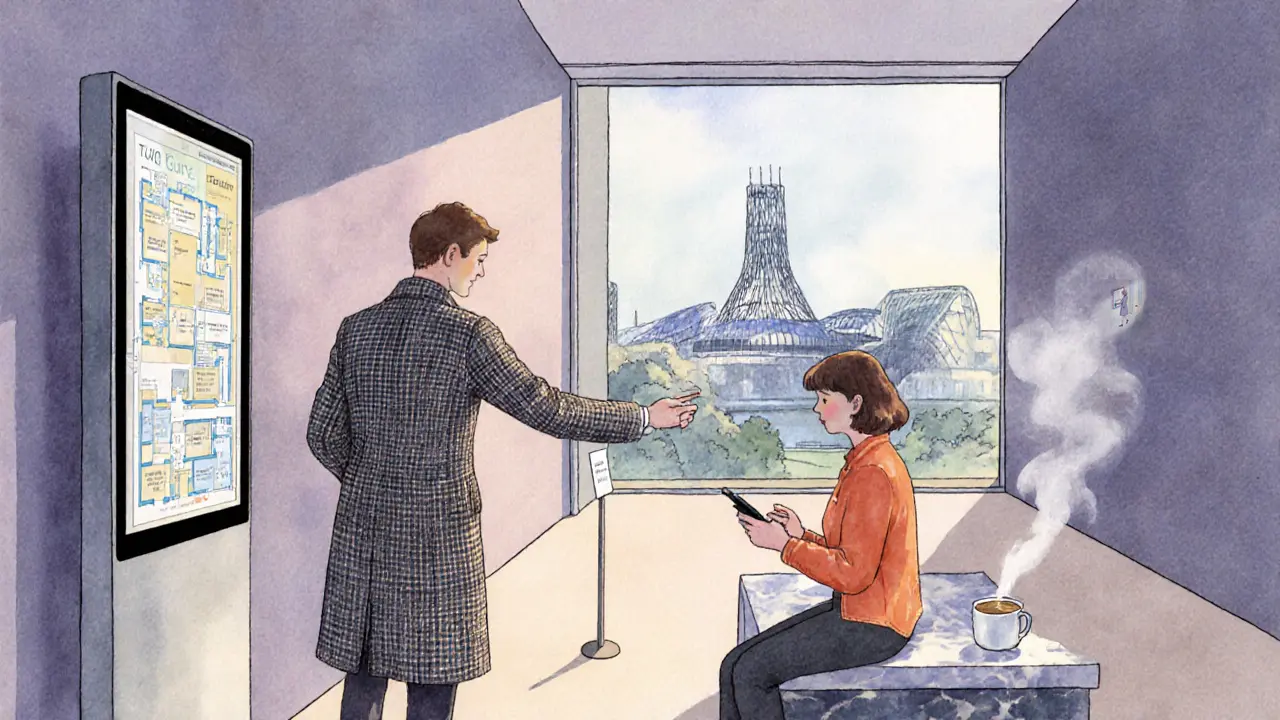
Frequently Asked Questions
Is there a cost to enter the British Museum?
General admission is free for everyone. Some special exhibitions require a paid ticket, but the core galleries, including the Rosetta Stone and Elgin Marbles, remain free.
What are the best times to avoid crowds?
Arriving early on a weekday, especially Thursday or Friday before 11am, tends to be the quietest. Late afternoons on weekends see a spike in visitor numbers.
Can I bring food or drinks inside?
Only sealed water bottles are allowed. For snacks, use the café in the Great Court or the restaurant on the downstairs level.
Is photography permitted?
Non‑flash photography is allowed in most galleries. However, some special exhibition rooms restrict any photography to protect delicate artefacts.
Do they offer guided tours in languages other than English?
Yes. Weekly tours are available in French, Spanish, Mandarin, and Arabic. Check the museum’s website for the current schedule.
How accessible is the museum for wheelchair users?
The entire Great Court and most galleries are step‑free. Wheelchairs are available on request at the information desk.
What educational resources are available for teachers?
The museum provides downloadable lesson plans aligned with the UK National Curriculum, plus free virtual tours for classroom use.

